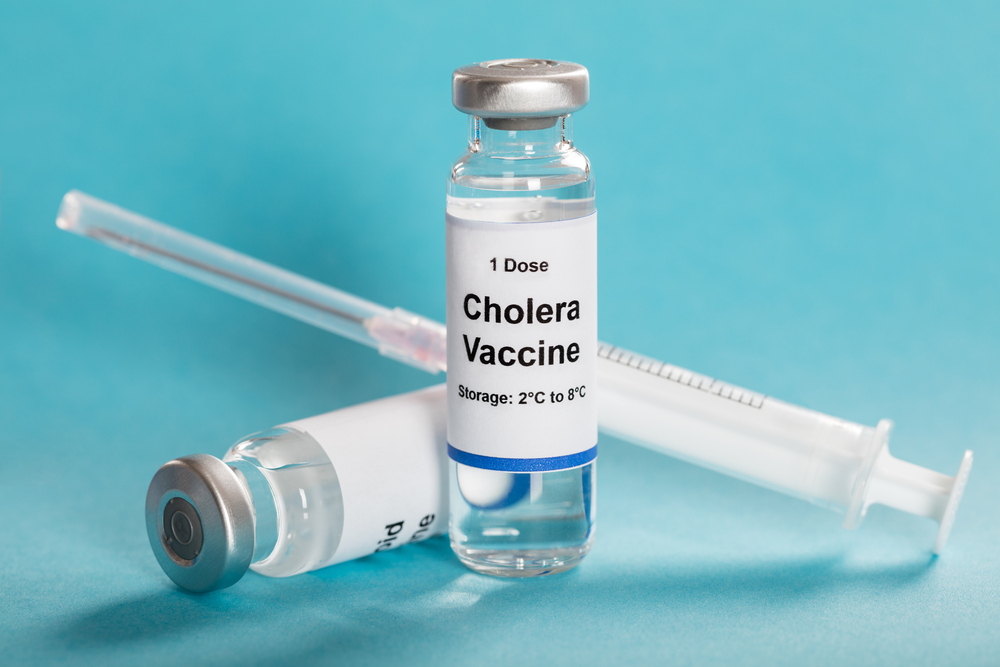
Researchers at the University of Maryland School of Medicine (UMSOM) recently tested a stronger single-dose of a live oral vaccine for cholera and found that it offers faster protection than the standard two-dose regimen of treatment.
UMSOM’s Center for Vaccine Development (CVD) developed the single-dose vaccine CVD 103-HgR. PaxVax licensed and manufactured it.
The researchers conducted the study, which was published in Clinical and Vaccine Immunology, in Mali with 150 participants. They tested the effectiveness of the single-dose vaccine to stimulate vibriocidal antibody, an immune response that correlates with protection, versus the two-dose treatment.
Although the standard treatment has been used for protecting against seasonal increases in cholera cases, the study found that the new vaccine may be more effective in rapidly protecting individuals during large outbreaks.
“Immunization with a single-dose cholera vaccine that could rapidly protect people in low-income countries who have not previously been exposed to cholera would be a significant asset in helping control outbreaks and lower mortality rates,” said Myron M. Levine, the Simon and Bessie Grollman Distinguished Professor and Associate Dean for Global Health, Vaccinology and Infectious Disease at UMSOM and senior author in the study. “Given the highly encouraging results, we envision that as a matter of priority high-dose CVD 103-HgR will now be evaluated more completely in low-income countries menaced by cholera.”
The researchers will now assess whether the single high-dose live vaccine should be used for initiating vaccination campaigns early on during outbreaks, as well as for preemptive vaccination prior to expected seasonal increases of endemic cholera. The researchers will also study the vaccine’s effectiveness for protecting young children. This is important because children under five years old suffer the highest incidence of cholera, but the current two-dose oral killed vaccines are less effective for children than for adults.
Each year, more than three million cases of cholera are reported worldwide. Cholera transmission is endemic in many parts of Africa, Asia, and the Caribbean. The World Health Organization has estimated that there have been a million cases of cholera this year in Yemen alone.




